According to a study in the Journal of Personality and Social Psychology, homophobes are “more likely to be gay”. (Which, of course, we already knew, but now we’ve got science to back it up.)
This study, conducted in 2012, tested the correlation between “autonomy-thwarting parents” and internalized self-loathing homophobia, and found that the two are pretty likely to intersect.
As someone who went through a homophobic stage for the few years preceding my eventual coming out, I can definitely understand what the study is trying to convey.
I was gay-shamed by one particular family member for a long time before I even realized I was into girls (read: pre-puberty). Of course, my parents weren’t (and still aren’t) exactly homophobic, but there was a rift in place that caused me to say some pretty terrible things to some friends and later-came-out-as-gay boyfriends.
(Yes, I’ve had a few gay boyfriends. It probably should have been a sign.)
What did this study find?
Homophobia may be a mask.
When someone identifies that they’re gay, but isn’t ready to confirm it to the rest of the world, it’s somewhat normal to defiantly reject the idea. We see it a lot in other contexts, so it makes sense that it applies to human sexuality too. (Does this mean that slut-shamers wish they could get a little more action? Maybe, but I haven’t seen any data on this yet.) Another example of this connection can be seen in bullies who have a difficult or abusive home life – we hurt others to hide our own pain. It’s not right, but it is human nature.
It’s important to realize that this isn’t the only reason for homophobia, though… Just that there’s a pretty high likelihood.
Homophobia based in homosexuality can be fixed.
Richard Ryan, who was one of the authors on the previously-mentioned study, suggests that the individuals struggling with their own homophobia should take a step back from their world of hate, and instead look at their own lives. If they’re insecure about their own desires, they’re going to lash out at others. The brain tells us that we can’t like the things we like. Then, it tells us that if we can’t, no one else should, either. And voila – homophobia is born.
Like with any other insecurity, though, fixing the problem will require a commitment from the person who’s suffering from the insecurities. If they’re not ready to accept that it’s an internal problem and not an external one, they’ll never be able to get past it.
They’re hating out of jealousy.
If someone has an extreme dislike of anything, it’s because it occupies a large portion of their thoughts. What does this really mean for us as the queer community? Well, probably not much, since we already covered above that they won’t change until they’re ready to change, and most people can’t handle having their insecurities thrown in their face. This means that a homophobic person will probably not have an epiphany just because you told them they’re really just secretly gay.
It does mean that there’s a strong connection to the amount of hatred compared to the likelihood of gay-ness. That person who casually makes off-handed remarks that come across as homophobic? Probably not gay. But the person who goes out and commits hate crimes, or petitions to keep lesbians out of the ladies’ room… Probably pretty gay.
Homophobia allows a disconnect.
Most homophobic people don’t hate the individual person that they’re shaming, attacking, or otherwise hating on. Rather, they hate the fact that they can see themselves in the person’s “lifestyle” – and they feel guilty about it. By doing hateful things toward this person, they’re consciously disconnecting themselves and allowing for “proof” that they can’t possibly be gay themselves. But the gay community knows better, and has for a long time.
Does that mean it’s right for closeted people to be bigots? No, not in the least. But it does make psychological sense.
It would be okay… If it wasn’t so hurtful.
The greatest things that keep us unique in this world are our different opinions and beliefs, and as much as we don’t want to believe it, homophobia is definitely a belief system. The problem isn’t necessarily the homophobic thoughts themselves, but how a person chooses to handle these thoughts. Contrary to what much of the gay community thinks, internalizing these thoughts isn’t the best course of action, as this can lead to suicide (if the thoughts are bad enough). But unleashing it as hate crimes and harassment isn’t good, either.
From a psychological standpoint, this situation is pretty similar to the cycle of abuse. Bullies are often abused at home, or have been previously bullied by someone else. Sexual predators are quite often child victims of sexual violence. And homophobes have probably been on the other side of the hatred before. This seems to happen a lot in super-conservative families, perpetuating the idea that homosexuality is a “liberal thing”.
It’s a natural fight-or-flight.
For many homophobes, the internal struggle with their own sexuality kicks off their fight-or-flight response. In this case, “flight” represents running away from home, or possibly committing suicide, whereas “fight” represents attacking non-closeted homosexuals. There are, of course, other options, too – but the brain doesn’t always recognize those other options when it’s already battling with itself.
As members of the gay community, we have a type of obligation to be accepting of those who aren’t accepting of us. I know, that goes against basic survival instincts – but hear me out. The person will need to confront their fears about what homosexuality really means, and this could potentially distance them from all of their family. Remember, most of these people will have had it ingrained in them that they’re not allowed to be gay. We need to help them understand that they are allowed to be who they are.
Understanding the problem is not enough.
Most likely, the person already knows they’re at least a little bit gay (please, no backlash from the bisexual community – you know what I’m getting at here), and that alone isn’t enough to fix the problem. They’ve probably been conditioned their entire lives to think that being gay is something to be ashamed of – and no matter how diligent they are in fixing things, that’s not going to happen overnight. Some gay people live their whole lives in the closet, and that is their right. Anti-discrimination laws can help, too, but as is often the case, there are going to be people who don’t care what the law says.
All the studies that have been done on the subject have only discovered a connection – not a plausible solution.
Blame the parents.
In almost all cases, the way the person was raised will dictate their attitudes towards homophobia versus acceptance. In every study yet conducted on the subject, the parents were really the ones being tested. This applies whether the person is actually gay or not. In my personal life, I see a connection: I came out to the parent who was supportive before I came out to the parent who shamed me. Like, a lot earlier – I don’t think I ever formally came out to Parent #2 here, but Parent #1 knew before I turned 16.
It seems like a stereotypical answer in the psychological community, but in many ways, the methods used for raising a child are primarily responsible for how the child turns out when they grow up. Even if we wipe out homophobia, it won’t really be gone for a few generations.
Support and affection play a huge role.
Parents who are truly nurturing, supportive, and affectionate with their kids raise kids who are nicer and more accepting of the differences in people. Their personality does play a part, too, but to a lesser extent. If a child doesn’t feel loved, appreciated, and welcomed as they are, they are more likely to develop a pattern of mean behavior in the future. And children who haven’t been shown a lot of affection at home are often less able to show affection outside of the home, as they grow up.
This sounds pretty doom-and-gloom, but just as a pattern of sexual abuse can end with one person taking a stand, so can the pattern of unsupportive parenting.
Homophobia is, essentially, the same as a temper tantrum.
When a child is frustrated and unhappy, they’re going to throw a tantrum. Closeted homosexuals are, by definition, frustrated and unhappy with their situation – so they lash out at those who they feel are freer to explore their sexual desires. It all goes back to the parents – whether the person was catered to as a child (and is, therefore, spoiled as an adult) or they were neglected as a child (and, therefore, feel undeserving of happiness).
The way they were raised can even help predict the way things will be in the future – although there are always cases where a person will go against what’s expected. For some, this may be their rebellious stage – questioning the values they were raised with. For others, it may be the time they realize that the way they were raised wasn’t right, and they actively seek out a way to make the world a more beautiful place. The third category – those who develop homophobic tendencies themselves – is pretty miserable inside and wants others to feel the same type of misery.
Homophobia is a belief that hatred is OK when it can be justified by pseudo-science.
This way of thinking really needs to end, because it’s not fair to anyone involved. The need to hate or compete with others is a virus, and it spreads quickly – sometimes even accidentally (such as the parent who isn’t gay, who makes off-handed homophobic remarks in front of their closeted gay child). Other times, it’s spread intentionally, and it lights up a fire within people. Some people get seriously angry about their right to be homophobic!
There is no single step to eradicate homophobia, but one of the biggest steps in the process is to do away with the idea that it’s okay to hate someone else. The only legitimate reason to judge someone else is if they have done something directly to you that wasn’t fair – and even in those cases, people can change. You shouldn’t trust that they’ve changed without seeing proof, but whenever possible, you need to let go of the past – for your own sanity.
We’ve come a long way – but there’s still so much further to go.
The vast majority of my generation is pretty accepting of others from different cultures and communities, which is a huge deal – and the effects have been seen drastically. Whereas the original assumption was that about 10% of people were gay, bisexual, or transgender, now those numbers seem to be a little closer to 50-50. Yes, straight people are still in the majority, which is almost a biological necessity. (Newly-discovered science dealing with same-sex procreation could make it to where that’s no longer a necessity, and there’s always the bisexual community that can theoretically procreate naturally… But that’s not the point here.)
If you want to make a difference, you can – and the help is always appreciated. Just remember that the person who’s being homophobic toward you is really hurting themselves – so proceed with care! Show them that there’s no shame in being unapologetically real, including being real about who you love. Hopefully, we’ll see a homophobia-free world within our lifetimes – let’s make that happen!

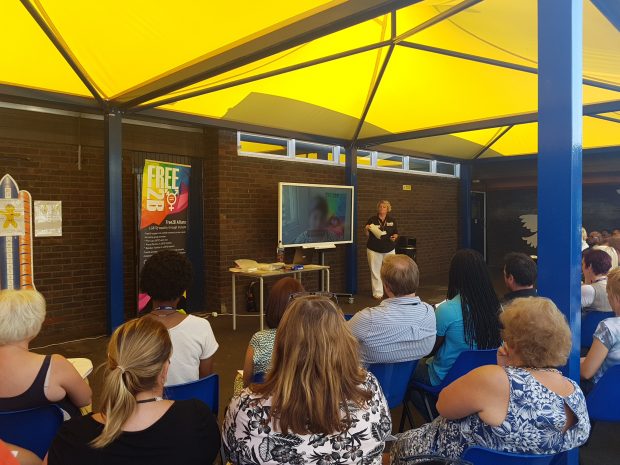
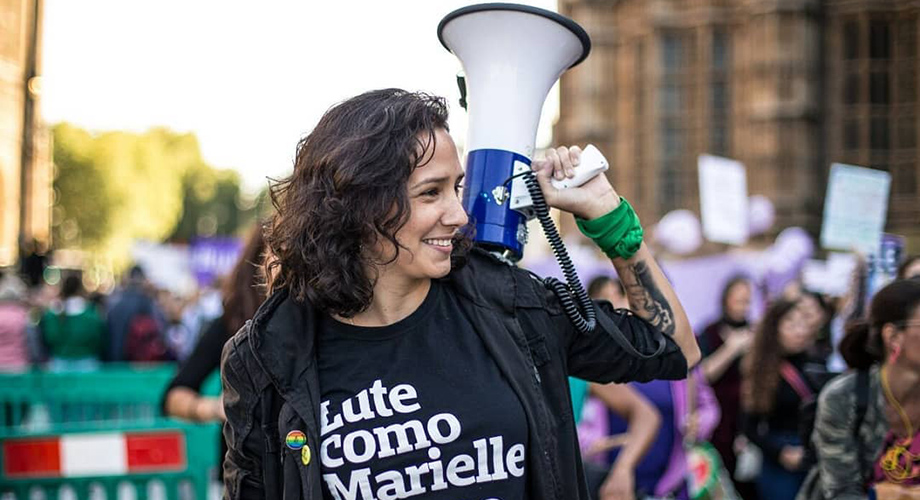
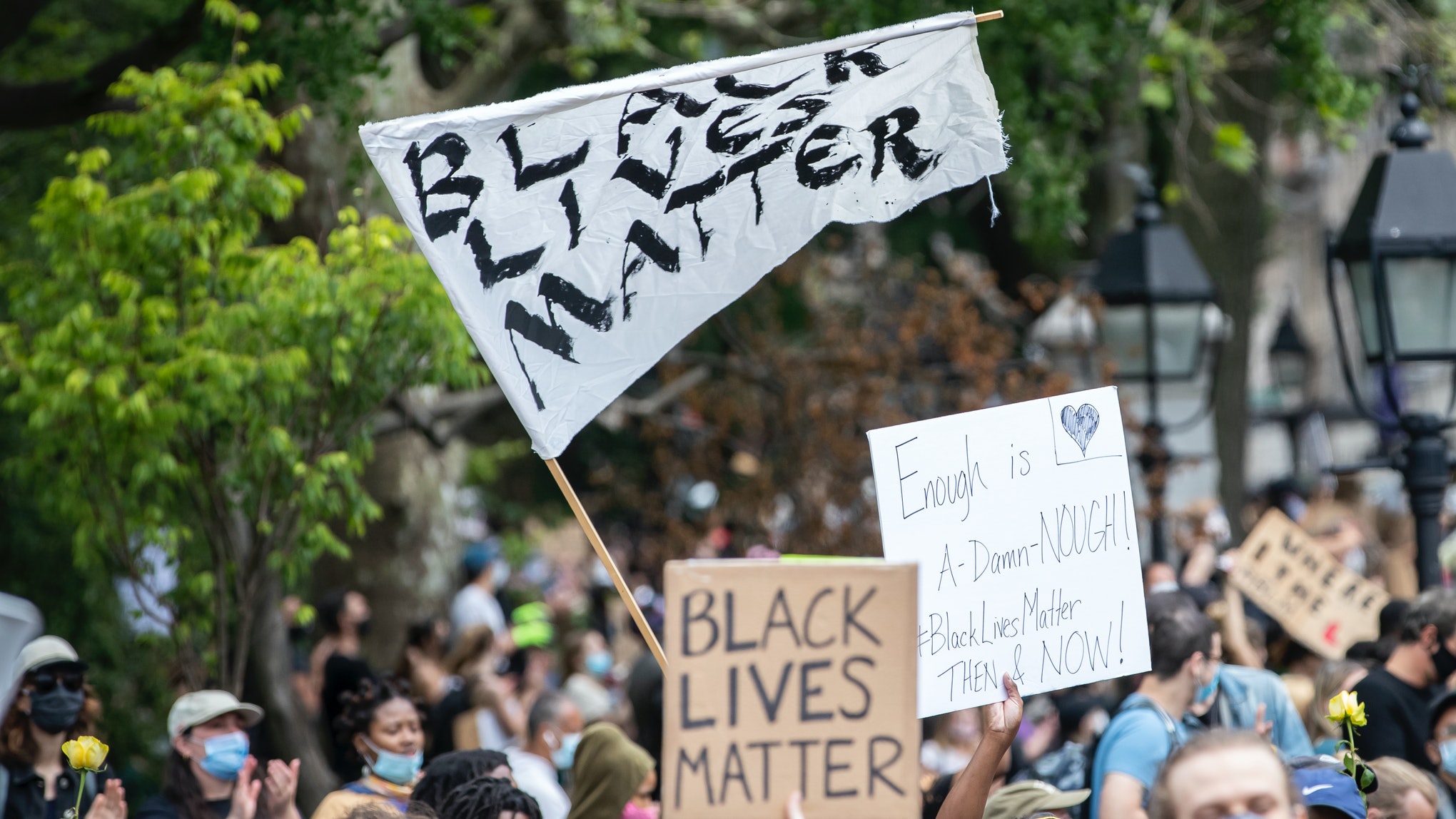

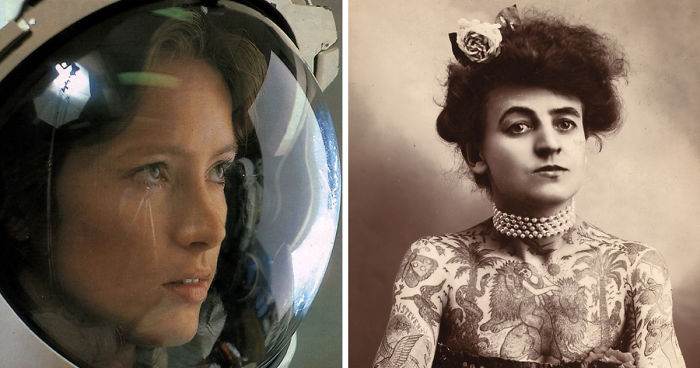


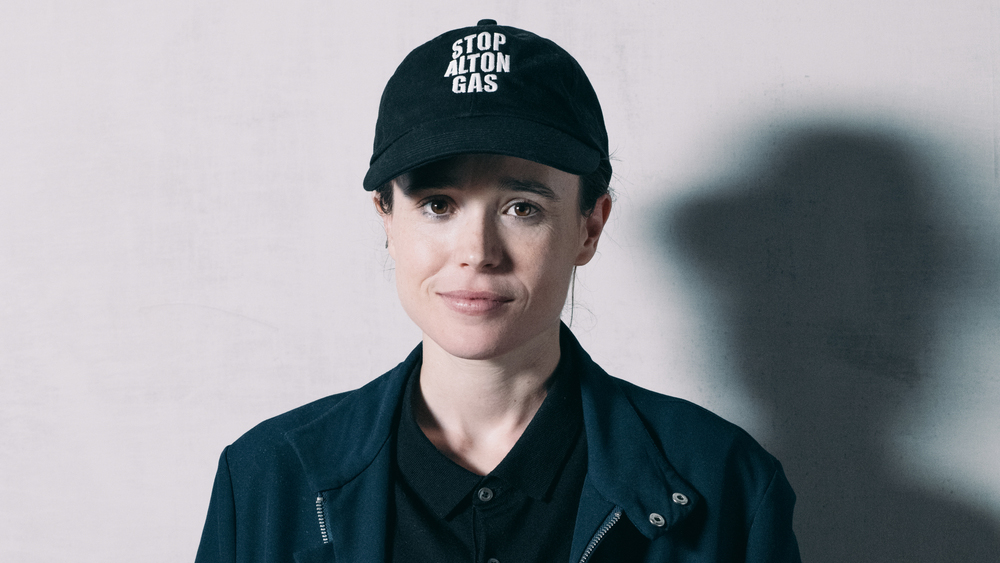




22 thoughts on “Science Proves That Homophobia Means You’re (Probably) Gay”
Pingback: Daily Feed: Kristen Stewart Gets Her Thumb Sucked, Melissa Ethridge Wanted Brad Pitt’s Sperm, & Ellen Page Covers Malibu | KitschMix
Pingback: Daily Feed: Sadly Women In Lesbian Relationships Aren’t Having (More) Sex, & ‘The Voice’ Fans Tear Into New Coach Miley Cyrus | KitschMix
Hi.
I can’t find reference to the actual study this is based on and would like to read it. Can you post it or send it to me?
Pingback: Daily Juice: Apparently Disney Has ‘Declared War’ On Religion, Kristen Stewart Heading to Cannes, & Karma Explains That Swimming Pool Kiss | KitschMix
http://www.ncbi.nlm.nih.gov/pubmed/8772014 is the study itself (it is a few years old) but I think they require you to pay to view the entire paper!
That is the actual study: http://psycnet.apa.org/journals/psp/102/4/815/
Parental autonomy support and discrepancies between implicit and explicit sexual identities: Dynamics of self-acceptance and defense.
Weinstein, Netta; Ryan, William S.; DeHaan, Cody R.; Przybylski, Andrew K.; Legate, Nicole; Ryan, Richard M.
Journal of Personality and Social Psychology, Vol 102(4), Apr 2012, 815-832. http://dx.doi.org/10.1037/a0026854
Cool, so violence committed against gays is carried out by gays. Good to know.
OK, that could be, but the author does not describe the study, does not cite a single statistic from it, and doesn’t even give a link to the original journal article. Instead of being armed with new facts and numbers, the reader is armed with second-hand opinion from a writer who apparently didn’t delve into any facts and numbers to form that opinion. The headline trumpets “proof”; the article provides none. IMHO this author should be oppressed and persecuted, because shoddy journalism is against God’s will (I don’t know a specific Bible verse proving that, but I’m sure I could find one).
No, that is not what the article or underlying peer review means. The reason I worry about public media articles like this is because it usually does not define the parameters of the study nor how the conclusions drawn from the study are limited (although this was well written despite sources or parameters). this article does not explain the difference between correlation subsets based on statistical findings and causation science (scientific method).
Here is why this article does not conclude such a statement as “gays perpetuate homophobia”: The study is purely correlation meaning in all 4 experiments outlined in the peer-reviewed paper (link at bottom of this comment), there is no clear cause/effect relationship between homophobic remarks and same-sex attraction drawn on the situation. Rather, the paper says there is a strong correlation that it may be the case in a small percentage of homophobic cases and that means we must be careful to group them.
What clear affects DO show up is that homophobic behavior can be a defensive mechanism occurring in oppressed gay individuals due to their environment and it can lead to a cycle of identity-rejection that looks the same as homophobia by straight individuals. These individuals can experience guilt, scapegoating, diversion, depression, and other mental health issues just like LGBT+ people and worse. Other studies have proven that being closeted can be harmful but is not necessarily a resolvable instance due to pressures. These people are a perfect example. They need help and assistance offered by the LGBT+ communities, but cannot get it because they look no different from homophobic proponents of anti-LGBT+ communities which LGBT+ communities are often less than amenable to (volunteer with my organization RESCQU.NET to help us solve this problem! #ShamelessPlug).
The TL;DR of the articles are that your conclusion takes a minimal subset of a small percentage of homophobic people and makes it general which assumes too much about homophobic people and harms the views of LGBT+ communities as supportive. In reality the article simply says that a small undefinable percentage of homophobic people may actually closeted LGBT+ individuals so we have to approach these situations less defensively and more anthropologically.
What you should really take from this article then is: “So gay people can have another hurdle toward matching identity assumption and expression that looks indeterminable from homophobic people. good to know.” And perhaps from that you should start looking to provide anonymous online resources that remove pressures of identifying with a public community to attain resources. That’s what RESCQU.NET of which i’m a president of is doing.
The Article: http://psycnet.apa.org/journals/psp/102/4/815/
My Organization: RESCQU.NET
I’ve been treated like shit at nearly every lesbian meetup I’ve ever been to. I went to around 30 or 40 of them, pretty consistently. While at these things, it was strange. I never saw anyone showing interests in anyone else. It seemed to be a gathering of people who just like to show up, and be bitter and hateful with other people who share some identity – and of course that identity necessarily includes man-hating. Or “cis-gender white patriarchy scum” as they call it.
.
For a while I wondered what i was doing wrong. Why do I never, ever get a kind word at these things. I was finally let in on the secret. It’s because they see me as a monster, or a predator of some kind. I’m a rapists, I’m a criminal… they hate my existence, yet they were all just politely putting up with my being there.
.
See, I’m a trans woman. This shows you how “open” and “accepting” they are. I decided never to go back after that. To this day I’ve only ever seen lesbian women being friendly and affectionate maybe 2 times. They’re so full of hate and vitriol, and I’ve had friends confirm that they’ve never met a lesbian who didn’t have some history of abuse and trauma (possibly contributing to their “identity”).
.
As such, I’m pretty much anti-lesbian. Not because of my own preference, but because I’ve been treated like complete sh*t by almost every lesbian I’ve ever had the misfortune of running into. I try to stay open minded anytime I find out someone’s a lesbian, and stay open to the fact that she might NOT be full of hate and anger towards everyone who isn’t exactly like her (and then ironically projects that very description onto Republicans and people who lean right). But offhand, if someone’s a lesbian, I can go ahead and guess they’re probably going to be like that.
All you can see for free is the abstract. http://psycnet.apa.org/doi/10.1037/a0026854
Yes, thank you. I’m not even a Scientist, but I know and love one who works in Research Psychology, and I knew that without a study that backs up the findings–as well as the limited number of people being analyzed, that it would make this article more of a theory than any true findings. Glad that you confirmed my thoughts. Thanks! 🙂
Pingback: not that there’s anything wrong with that – Adventures Into the Well-Known
Phobia is a fear of something. No one is scared of a gay person
If I fear snakes does that make me more likely to be a snake?
The “study” you’re referring to did not come to conclusions anything like what you’re suggesting here.
I’ve met trans women at lesbian meet ups, and ALWAYS treated them with respect, and I know I’m not the only one. Please don’t paint us all with the same brush.
Pingback: KitschMix: Science Proves That Homophobia Means You’re (Probably) Gay – Progressivist Femme
Just curious. Why would you write this? I am gay and even understand that this is obsurd. You provide no links to the study and the study itself provides no real evidence. So someone who is Islamophic means that they are secretly Islamic? I’m just beside myself with this and see how much damage this can create. This isn’t progressive, it’s irresponsible.
Well you should probably use actual research to base your theories on. The following quote is a myth & has been disproven by research ‘Sexual predators are quite often child victims of sexual violence.’
Suppressed homosexual tendencies don’t necessarily mean you are gay.
Pingback: Science Proves That Homophobia Means You’re (Probably) Gay – Barnhard Blog
if i have arachnophobia probably i’m a Spider,WOW